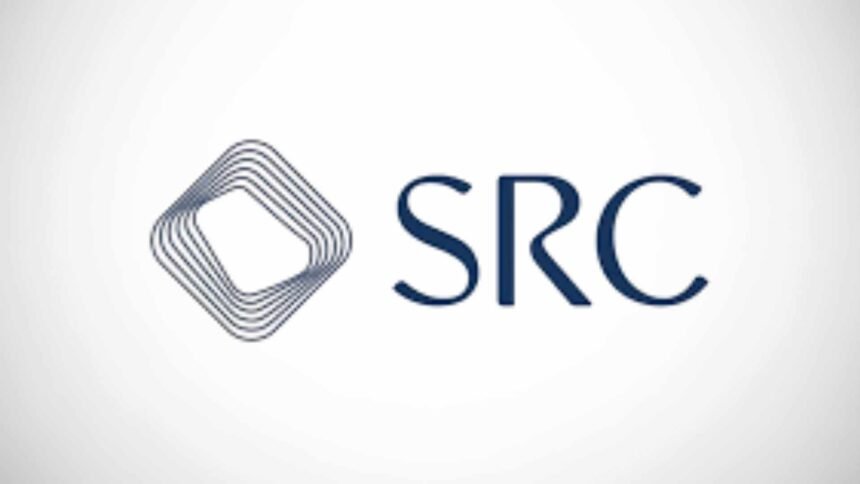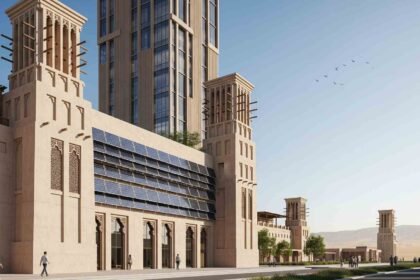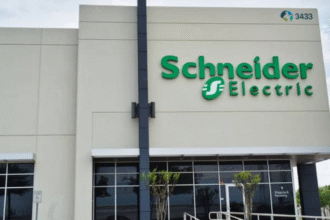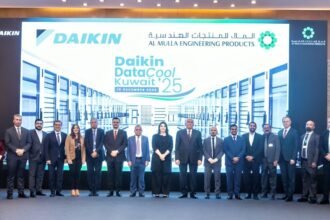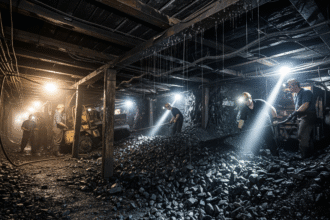SAMA Approves Saudi Real Estate Refinance RMBS Launch
The Saudi Central Bank, known as SAMA, has granted a key approval to the Saudi Real Estate Refinance Company (SRC). This no-objection clearance allows SRC to launch residential mortgage-backed securities (RMBS) in the domestic market. Announced just yesterday, this move marks a significant step forward in Saudi Arabia‘s efforts to strengthen its housing finance sector. Officials say it will transform how real estate loans get funded, making homeownership more accessible for everyday Saudis. As the Kingdom pushes toward economic diversification, this development aligns perfectly with broader goals to build a resilient financial system.
SRC, a government-backed entity, has long worked to inject liquidity into the mortgage market. Now, with SAMA’s green light, the company can package residential loans into securities that investors can buy. This isn’t just a technical tweak—it’s a game-changer that could draw more capital into housing and support families dreaming of owning their own homes. In a country where rapid urbanization demands more affordable housing options, such innovations matter deeply.
Details of the Clearance
SAMA issued the no-objection clearance to SRC on August 21, 2025, paving the way for the domestic rollout of RMBS. The programme focuses on converting portfolios of residential real estate financing into tradable securities. SRC will aggregate mortgages from banks and other lenders, then bundle them into these assets. Investors who purchase RMBS will earn returns based on the interest payments from homeowners.
This clearance comes after careful regulatory review. SAMA emphasized that the initiative will establish a strong framework for securitization issuances. It aims to reinforce the local debt market by attracting a wider range of investors, from institutions to individuals. By diversifying funding sources, the programme reduces reliance on traditional bank loans, which can sometimes limit growth in the sector.
Earlier this year, in January 2025, SRC signed a preliminary deal with Hassana Investment Company to explore RMBS, marking the Gulf’s first such venture. That agreement involved a SAR 3.4 billion mortgage portfolio acquisition with the Saudi National Bank, setting the stage for securitisation. Now, SAMA’s approval turns those plans into action, allowing SRC to issue these securities domestically for the first time. The central bank will continue its supervisory role to ensure everything runs smoothly and complies with financial stability standards.
Background on SRC
The Saudi Real Estate Refinance Company traces its roots to 2017, when the Public Investment Fund (PIF) established it as a wholly owned subsidiary. Licensed and supervised by SAMA, SRC plays a crucial role in developing Saudi Arabia’s housing finance market. Its main job? To provide liquidity to mortgage originators—like banks—by buying their loan portfolios and refinancing them.
Think of SRC as a bridge between lenders and investors. Banks originate home loans but often need to offload them to free up capital for more lending. SRC steps in, purchases these portfolios, and then securitizes them into products like RMBS. This process keeps the money flowing, encouraging more mortgages and, ultimately, more homes built and bought.
Under CEO Fabrice Susini, SRC has grown steadily. In May 2025, the company priced its first international sukuk worth USD 2 billion, showcasing its ability to tap global markets. Fitch Ratings assigned SRC an ‘A’ rating in 2021, highlighting its strong government backing and stable outlook, though with a negative watch due to broader economic factors. As part of Vision 2030’s housing programme, SRC has signed deals with major players like the Public Pension Agency, injecting billions into the sector.
Understanding RMBS
Residential mortgage-backed securities, or RMBS, are financial instruments backed by pools of home loans. In simple terms, lenders bundle mortgages together and sell them as securities to investors. The cash from these sales goes back to the lenders, who can then issue more loans. Investors, in turn, receive payments from the homeowners’ monthly instalments.
In Saudi Arabia, RMBS represent a fresh approach to financing. Unlike traditional bonds, these securities are tied directly to real estate performance, offering potentially higher yields but with some risk if borrowers default. However, strict regulations from SAMA minimize those risks. This is the first time the Kingdom—and the wider Gulf region—has embraced RMBS on this scale. Globally, RMBS gained notoriety during the 2008 financial crisis due to subprime issues in the U.S., but modern versions include safeguards like credit enhancements and transparent ratings.
For Saudis, RMBS could mean lower interest rates on mortgages as competition increases. It also opens doors for sharia-compliant versions, aligning with Islamic finance principles prevalent in the region.
Implications for the Saudi Economy
This clearance boosts the real estate sector’s financing muscle. By turning loans into securities, SRC frees up bank balance sheets, encouraging them to lend more aggressively. Analysts predict this will expand the mortgage market, which has grown rapidly but still lags behind global peers.
A broader investor base means more domestic and international capital flowing in. Pension funds, insurance companies, and even retail investors could participate, deepening the capital markets. Diversifying funding reduces vulnerability to oil price swings, a key economic challenge for Saudi Arabia.
On the ground, it supports housing affordability. With population growth and urbanization, the Kingdom needs millions more homes. RMBS could help meet targets under the National Housing Program, making loans cheaper and faster to obtain.
Alignment with Vision 2030
SAMA’s decision fits snugly into Saudi Vision 2030, the blueprint for economic transformation. Vision 2030 aims to increase homeownership from 47% in 2016 to 70% by 2030. SRC’s RMBS programme directly aids this by enhancing liquidity and stability in housing finance.
SAMA, as the regulator, fosters innovation while ensuring safety. This move underscores the government’s commitment to a vibrant financial sector, attracting foreign investment and building local expertise.
Future Outlook
Looking ahead, SRC plans to roll out its first RMBS issuances soon, potentially in the coming months. Market watchers expect strong demand, given the Kingdom’s stable economy and high credit ratings. Challenges remain, like educating investors and navigating global interest rate shifts, but the foundation looks solid.
This clearance isn’t just paperwork—it’s a catalyst for growth. As Saudi Arabia modernizes its economy, initiatives like this show how targeted reforms can create real opportunities for citizens. In the end, it’s about building not just houses, but a stronger future for all.


